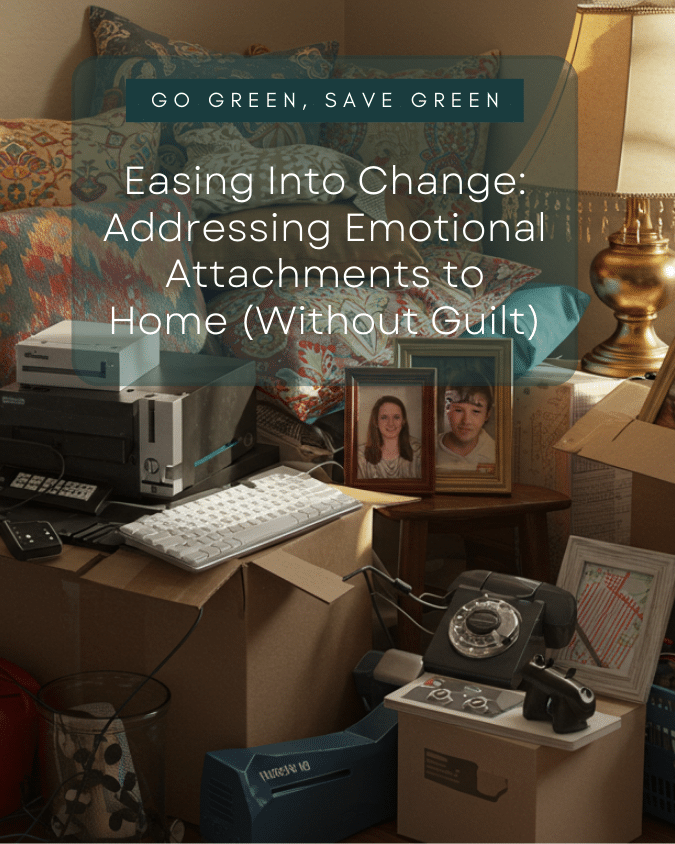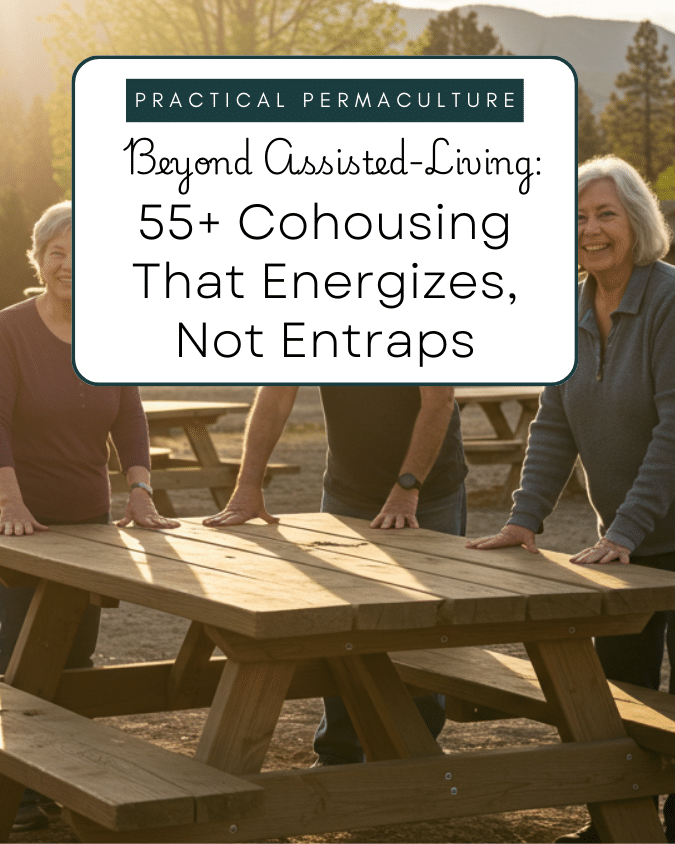Should You Pay Off Your House Before Retirement? The Answer Will Surprise You
Like many, I once believed the rule: “Pay off your mortgage before you retire.” It sounds safe — and it does offer relief. But that advice can also limit your freedom and cost you options when it matters most.
🔄 The Surprising Truth: It Often Pays to Keep Your Mortgage
Quick disclaimer: I am not a financial advisor. Talk with one before making any big moves. That said — consider this: historically, broad stock market returns have outpaced typical mortgage rates. That means your money may grow faster invested elsewhere than the “return” you get from paying off a low-rate mortgage early.
3–4%
7–10%
3–6%
💡 But It’s Not Just About the Math — It’s About Flexibility
Paying off your house ties up a huge chunk of your net worth in illiquid equity. Once that money is gone, it’s not easy to get back — unless you:
- Take out a reverse mortgage (with fees and risks)
- Sell your home (will the market be good for sellers when you’re ready to move?)
- Rent out your home (for some this could make financial sense, for others, the rental market may not match your house expenses)
Instead, keeping your mortgage gives you:
- Liquidity — cash available for emergencies or opportunities
- Tax benefits — mortgage interest may be deductible (consult your CPA)
- Leverage — you’re using “cheap” debt to preserve higher-return assets

🚫 The Bigger Mistake: Assuming You’ll Just “Retire in Place”
The real risk isn’t your mortgage. It’s not thinking about retirement at all — and assuming you’ll just stay in your current home forever. But here’s what no one tells you:
- Maintenance Gets Harder: The average homeowner spends $3,000–$7,000/year on upkeep — more as systems age.
- Taxes Can Skyrocket: Property taxes rise, fixed incomes don’t.
- Isolation Creeps In: 43% of seniors report feeling lonely regularly.
- Your Home May Not Fit Your Future: Accessibility retrofits can cost $20,000–$100,000+.
✅ So What Should You Do Instead?
Step 1: Start with the End in Mind
Ask yourself what you truly want in retirement — connection, purpose, travel, or simplicity? Your vision should drive your plan, not the other way around.
Step 2: Consider Downsizing — Not Just Paying Off
Downsizing isn’t about sacrifice — it’s about freeing equity for the retirement you want. Smaller, intentional homes can reduce costs, lower your carbon footprint, and create more community space.
“For many retirees, downsizing is the ultimate financial reset — unlocking cash, reducing expenses, and creating a lighter, more flexible life.” — Kiplinger
Step 3: Explore Alternative Investment & Living Models
Instead of tying everything to a single home, consider vacation rentals, cooperative communities, niche retirement hubs, or intentional communities like Earth Keepers.
🌱 Final Thought: Retirement Isn’t About Owning Less — It’s About Living More
By rethinking your relationship with your home — and your money — you can keep your mortgage if it makes sense, free up equity through downsizing, and invest in a future aligned with your values.
Ready to explore a different kind of future? Learn more about our vision



